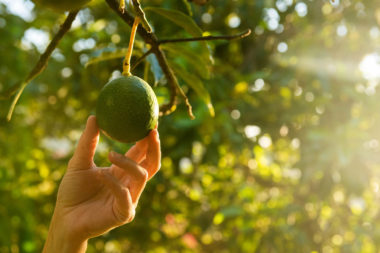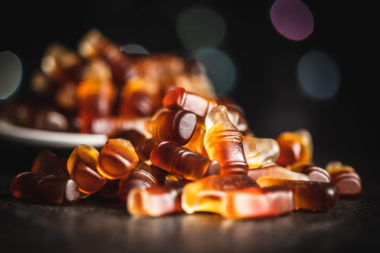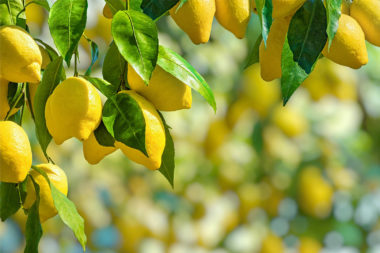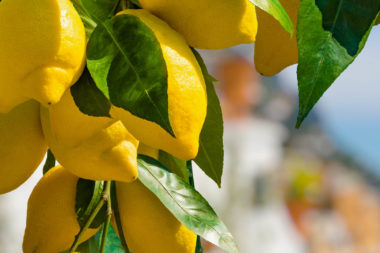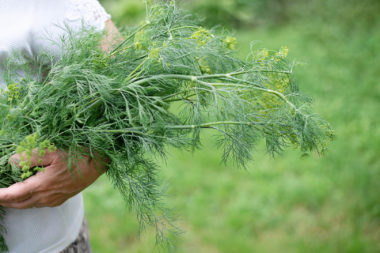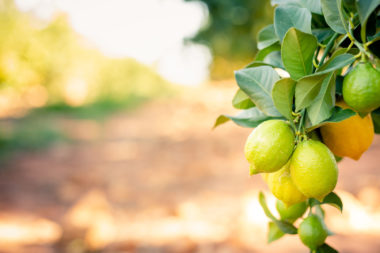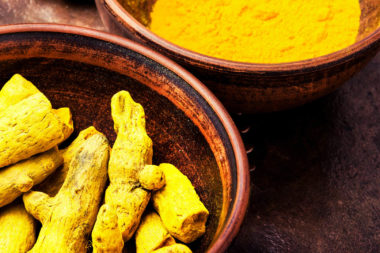

Quercetin
Briefly about quercetin.
- Quercetin is a powerful antioxidant that helps strengthen the immune system and protect the body’s cells from premature aging.
- It can also improve collagen production and bone density, which can alleviate menopausal symptoms.
- Additionally, it has antiviral and anticancer properties.
Learn more about quercetin.
Quercetin is a flavonoid and powerful antioxidant, naturally found in many colorful plants such as onions and capers. It also belongs to a group of plants called phytoestrogens, which are plants that contain substances that chemically resemble estrogen. These phytoestrogens have estrogen-like effects in the body and can therefore positively affect women during and after menopause, reducing menopausal symptoms.
What is quercetin good for?
Quercetin is an antioxidant that has a great effect against free radicals and delays cell aging.
- It protects against oxidative stress, thus protecting cells from free radicals.
- Strengthens the body’s immune system and helps protect against viruses and bacteria.
- Helps transport zinc into cells, contributing to the immune system.
- Counteracts inflammation.
- Powerful antihistamine effect and therefore protects against allergies.
- Collaborates with vitamin C, enhancing each other’s effects.
- Reduces harmful cholesterol levels.
- Lowers high blood pressure.
- Protects against cardiovascular diseases, stroke, etc., by improving vessel elasticity, stimulating nitric oxide production, and thereby improving circulation in the tissue.
- Also positively affects the brain and nervous system, improving memory and overall mental health.
- Protects against cancer.
- Increases collagen and production of other components in the fascia, which provides better flow and a stronger and better functioning fascia.
- Its estrogen-like effect can help reduce menopausal symptoms such as incontinence and hot flashes.
What can a deficiency of quercetin mean?
The body does not produce quercetin on its own. We get it through colorful fruits and vegetables. There are no minimum intake levels for quercetin, and it is not something we have to consume. However, it has many health benefits, making it advantageous to consume quercetin daily to reduce oxidative stress, lower the risk of cardiovascular disease, increase general well-being, and live a long and healthy life.
How do we get quercetin?
Quercetin is naturally found in many colorful plants and berries, such as onions, cocoa, buckwheat, capers, and dill.
It can be difficult to consume larger amounts of quercetin through natural sources, which is why a supplement can provide significant health benefits, especially for older individuals and women around and after menopause. However, in capsule form, it normally has poor bioavailability, so it is recommended to choose liposomal quercetin and let it sit under the tongue for a while to increase absorption through the mucous membrane. Liposomal means that quercetin is transported with the help of small fat droplets, liposomes, which provide more efficient uptake.




